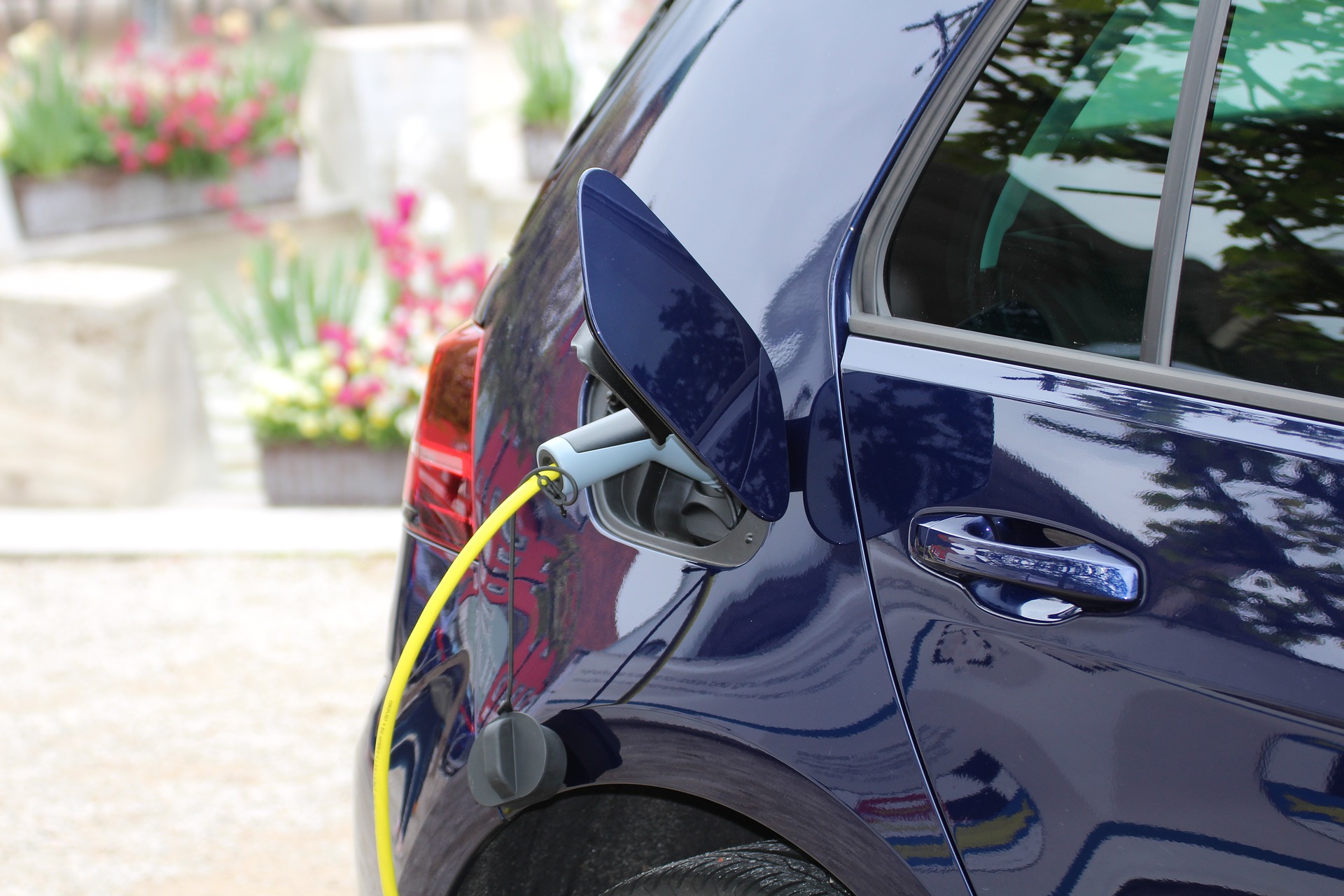It’s fun to have an electric vehicle, especially now when fuel prices are high. Electric vehicles are becoming very popular in the UK. Forecasts say the number of EV owners in the UK will only increase next year. As EVs become more common, so do the questions about charging an electric car.
The most common question about charging EVs is on time. Today, we’ll address one of them – why does my EV charge slowly?
Many factors could affect the rate at which your EV flows. We’ve highlighted eight reasons your EV is charging slowly.
Type of Current
There are two current types for charging electric vehicles – alternating current and Direct current. Although EV batteries can be charged from AC, they don’t store electricity as AC in their battery. As a result, electric vehicles must convert the AC to DC before storing it in the car battery. This is why AC chargers charge EVs slower than DC chargers. So, if your electric vehicle isn’t charging as fast as you’d like, check to see what current it uses. If it’s an AC charger, you can replace it with a DC charger.
Temperature
Some electric vehicles are sensitive to temperature. If the accumulator is too cold or too hot, your battery will charge slower. There will be an indicator that your battery is either too cold or too hot.
Type of Charging Cable and Connector
The charging cable and connector you use can affect your electric vehicle’s charging speed. Connectors have a voltage capacity that is in sync with the level you’re charging. This means you can’t use a connector for level 1 charging and expect your EV to charge at the same rate as rapid charging. If you have a home charging unit installed, and the connector is for level 1, you can bump it to level 2.
Loose Cord Connection
Sometimes, there’s nothing wrong with the EV, the connector, or the battery’s temperature. If you’ve checked everything and can’t find a reason for your Ev’s slow charges, look to see if the connections are tight. A loose connection at the charging cords can cause your EV to charge slowly.
Using Other Heavy-Power Appliances Concurrently
Electric vehicle chargers draw a lot of power. This is why your electrician will have to properly assess your power before installing one. Some electric vehicles will charge slowly if other power-drawing appliances are simultaneously in use on the same circuit.
When you want to charge your electric vehicle, appliances like the central heating, washing machine, or dryer shouldn’t be on simultaneously. You can use stations from EV charging company close to home to charge faster and not turn off household appliances.
Current and Voltage Limits of Your Electric Vehicle or Charger
The current and voltage limits of your electric vehicle could be the reason why it won’t charge fast. If this is the case, then changing connectors and plugs to increase the charging level will not help. You might have to get a charger that meets the current limit for your vehicle or change your vehicle.
On the flip side, your electric vehicle could be hindered by the charging type. If your vehicle has a higher power limit, your charger might not meet the vehicle’s needs. This can be changed by getting a higher charger.
The State of Charge
Your battery’s state may be why your EV won’t charge fast. When electric vehicles start charging at first, they are slow, significantly if the battery is almost depleted before charging. The charging pace picks up speed when the battery is close to full. You’ll notice a change in charging speed when it’s 80%. You can track the charge level using the EV charging application.
Deteriorating Battery
The downside to having a vehicle that doesn’t require frequent checkups is that it’s a big deal when something is wrong. Electric vehicle batteries deteriorate over time, affecting the charging speed.
Conclusion
Charging an electric vehicle is slower than filling up the gas tank on your ICE vehicle. Even at its fastest speed using ultra-rapid charge, it is still slower than topping gas. Keep this time difference in mind when charging your car. However, for any time lapses that occur outside the normal time range, check for any of the reasons above before reaching out to your vehicle manufacturer.


